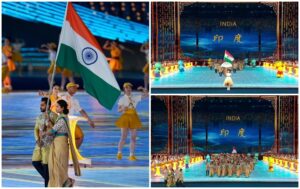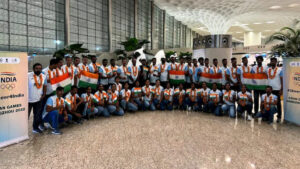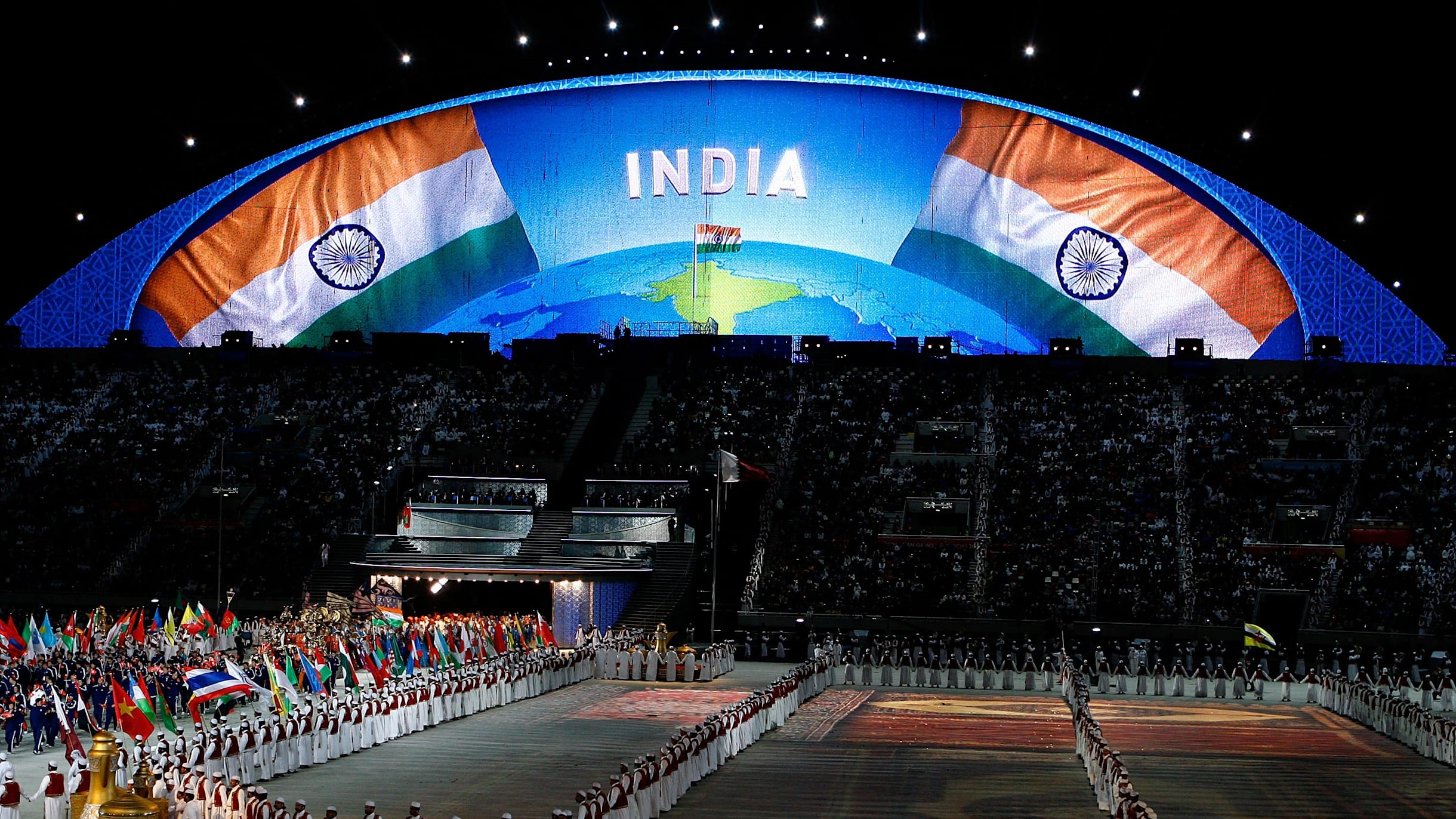Introduction of The Asian Games
The Asian Games, also known as the Asiad, are one of the most significant sporting events in the world. Held every four years, they bring together athletes from across the diverse continent of Asia to compete in a wide range of sports. These games not only showcase the incredible athletic talent of the region but also serve as a symbol of unity in diversity. In this blog post, we will explore the history, significance, and impact of the Asian Games, highlighting some of the most memorable moments and the spirit of camaraderie that defines this grand event.

The Origins: Asian Games
The idea of the Asian Games was conceived in the early 20th century by Guru Dutt Sondhi, a prominent Indian sports administrator, who proposed the idea of a pan-Asian sporting event. The first Asian Games were held in New Delhi, India, in 1951, and they marked a historic moment for Asian sports. 11 countries participated in these inaugural games, competing in 57 events across six sports.
Significance:
The Asian Games hold immense significance on several fronts. Firstly, they provide a platform for athletes from diverse backgrounds and cultures to come together and compete at the highest level. With over 40 countries participating today, the games celebrate the rich tapestry of Asian cultures, languages, and traditions.
Secondly, the Asian Games have often served as a stepping stone for many athletes on their journey to global recognition. Asian athletes who excel at these games often go on to achieve success at the Olympics and other international competitions. This platform has been crucial in promoting sports in the region and inspiring young talents to pursue their dreams.
Thirdly, the Asian Games promote friendship and cooperation among nations. They offer a unique opportunity for athletes to interact with people from different backgrounds and forge lasting friendships. In a world often marked by political tensions, the games serve as a reminder of the power of sports to unite people across borders.

Memorable Moments: Asian Games
Over the years, the Asian Games have witnessed countless memorable moments that have left an indelible mark on the sporting world. Here are a few iconic moments:
- Milkha Singh’s Triumph (1958): Indian sprinter Milkha Singh’s victory in the 200m and 400m races at the 1958 Tokyo Asian Games marked the beginning of his legendary career. His story was later immortalized in the film “Bhaag Milkha Bhaag.”
- Dipa Karmakar’s Historic Vault (2014): Indian gymnast Dipa Karmakar won a bronze medal in the vault event at the 2014 Incheon Asian Games, becoming the first Indian female gymnast to achieve this feat.
- Usain Bolt’s Visit (2018): Although not an Asian athlete, Usain Bolt’s appearance as a guest of honor at the 2018 Jakarta-Palembang Asian Games added star power to the event and showcased its global appeal.
- North and South Korean Unity (2018): The 2018 Asian Games saw a significant moment of diplomacy when athletes from North and South Korea marched together during the opening ceremony and competed as a unified team in some events.
The Spirit of Camaraderie: Asian Games
One of the most heartwarming aspects of the Asian Games is the spirit of camaraderie that pervades the event. Athletes often express admiration and respect for their competitors, regardless of nationality or ethnicity. They compete fiercely on the field, but off it, they come together to celebrate the shared love of sport.
The Asian Games also provide a stage for cultural exchange. Athletes and spectators get a glimpse into the customs, traditions, and cuisines of various Asian nations. This cultural exchange fosters understanding and appreciation among different communities, contributing to the promotion of peace and harmony.
The Asian Games have also been a platform for athletes to advocate for social and environmental causes. Many athletes use their fame to raise awareness about issues such as climate change, gender equality, and poverty alleviation. This aspect of the games highlights their potential as a force for positive change in society.

Future Challenges and Opportunities: Asian Games
As the Asian Games continue to evolve, they face new challenges and opportunities. One of the challenges is to maintain the relevance and appeal of the games in an era of rapidly changing sporting landscapes. Ensuring the inclusion of emerging sports and maintaining high standards of organization and infrastructure are key to the games’ continued success.
Furthermore, the Asian Games have the potential to drive sustainable development in host cities and countries. By investing in sports facilities and promoting healthy lifestyles, the games can leave a lasting legacy beyond the event itself.

Conclusion:
The Asian Games represent more than just a sporting competition; they embody the diversity, unity, and spirit of the Asian continent. These games have a rich history of memorable moments and continue to inspire athletes and fans alike. As they move forward, the Asian Games will likely play an increasingly significant role in promoting sports, culture, and international cooperation in Asia and beyond. So, let us celebrate the Asian Games as a testament to the power of sports to bring people together, irrespective of their differences, and as a symbol of the shared dreams and aspirations of the continent of Asia.
